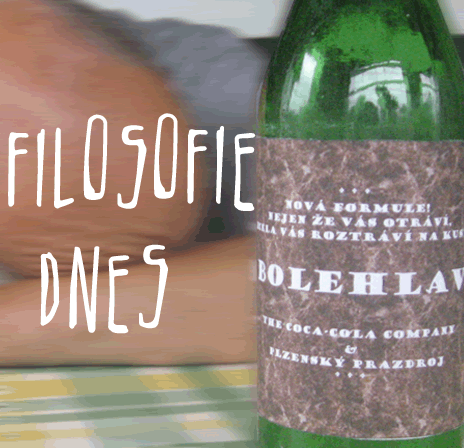Husserl's critique of psychologism and its sequel in the work of R. Ingarden
DOI:
https://doi.org/10.26806/fd.v3i2.58Keywords:
Husserl, fenomenologie, psychologismus, Ingarden, logické zákonyAbstract
The article outlines some of the main argumentation-strategies deployed by Husserl in his famous critique of the psychologistic logic in Prolegomena to pure logic. Fundamentally, the psychologism in logic consisted in considering logic to be a part of psychology, resp. in considering psychology as the exclusive and sufficient foundation of logic. The attention is given to the two main lines of argumentation against psychologism appearing in the work of Husserl. The starting point of the first one is an analysis of the laws of pure logic (principle of contradiction, the figures of syllogism etc.). It shows that these laws can not be based on mere empirical rules of psychology, and thus psychology (as an empirical discipline) can not be the foundation of logic. The second line of Husserl’s critique of psychologism aims at showing the contradictions in the psychologistic standpoint that become visible if one uncovers its ultimate implications. The main contradiction consists in that while psychology claims to be a scientific theory it contradicts at the same time by its fundamental claim some of the necessary conditions of a scientific theory as such, and thus it cancels itself as a theoretically credible set of claims. Toward the end of the paper the attention is given to one of the continuations of the fight against psychologism in the phenomenological tradition, namely to R. Ingarden’s critique of the psychologism in the conception of the literary work of art.
Downloads
Published
Issue
Section
License
Authors who publish in this journal agree that:
1. Authors retain copyright and guarantee the journal the right of first publishing. All published articles are licensed under the Creative Commons Attribution license, which allows others to share this work under condition that its author and first publishing in this journal was acknowledged.
2. Authors may enter into other agreements for non-exclusive dissemination of work in the version in which it was published in the journal (for example, publishing it in a book), but they have to acknowledge its first publication in this journal.
3. Authors are allowed and encouraged to make their work available online (for example, on their websites) as such a practice may lead to productive exchanges of views as well as earlier and higher citations of published work (See The effect of open access).


